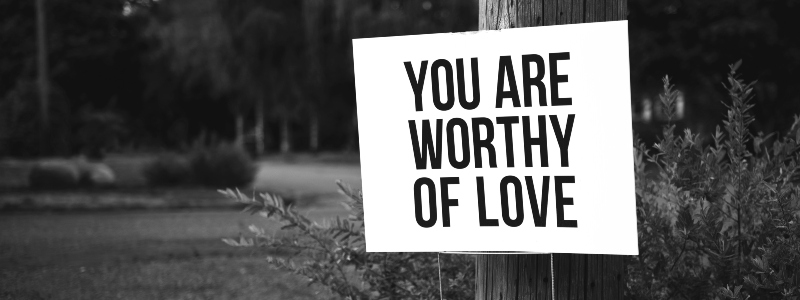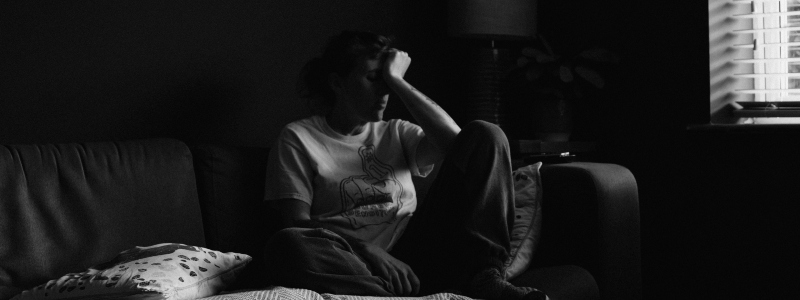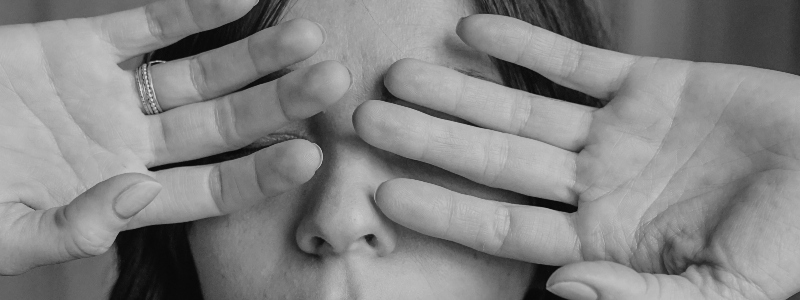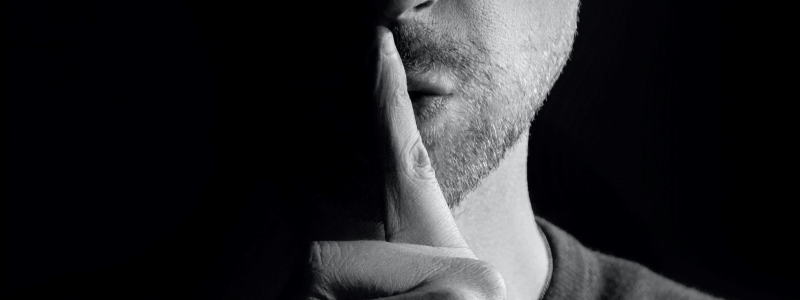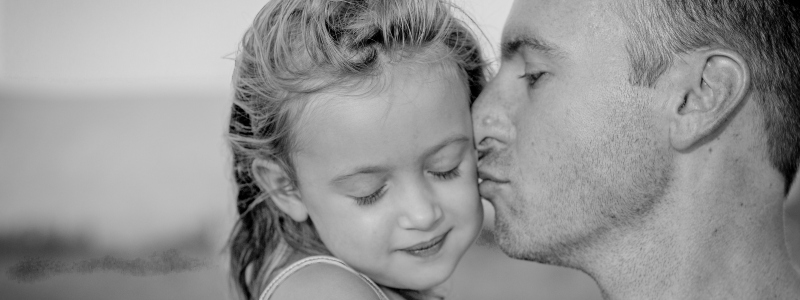What is Low Self Esteem?
This is when we think negatively about ourselves, we don’t feel good enough. We are likely to get into self-critical thinking, think others are better than us and blame ourselves when things go wrong. We are likely to focus on our negatives and not on our achievements, struggle to accept compliments and avoid challenges for fear of failure. We may become overly upset when receiving criticism or disapproval. Our internal dialogue tends to be negative, particularly towards the self. It’s not uncommon to feel worthless, depressed, sad, anxious or undeserving.
What causes Low Self Esteem?
Low self-esteem often stems from our early experiences. We may have been bullied at school, struggled with education, told we could do better, had difficulty living up to our parent’s expectations, come from a poor background, felt that we didn’t fit in with our peers, been neglected or abused.
These experiences can lead to the self-belief ‘I’m not good enough’.
Low self esteem may also come from stressful life events such as significant loss, serious illness or relationship difficulties.
What is the impact of low self-esteem?
We may have difficulties at work, for example: feeling that you can’t say no, that you have to work as hard as possible all the time, go the extra mile, or the opposite you may avoid situations in which you may feel judged and go for jobs in which you know you won’t be challenged. We may have difficulties in relationships such as always having to put the other first or thinking they are better than us. We may have a negative body image and always be comparing ourselves to others. We may set unrealistic high expectations for ourselves. We may avoid social situations, lack assertiveness or do anything to avoid confrontation. Generally, we tend to experience a negative bias in life.
Living with low self-esteem can impact on our mental wellbeing. Our mood can be affected, we can feel sad, low, ashamed or anxious.
We may also develop unhelpful habits as a way of coping such as drinking too much alcohol, comfort eating, smoking or taking drugs.
What can we do to improve our self-esteem and how can CBT help?
We can start to notice the things that go well in our life, record our achievements however small. We can think about, and write down, what we are good at (our strengths), write down the positives about ourselves (our qualities) and the good things that others say about us. All of us are good at something, this can often be things that we enjoy.
We can stop striving for perfection as there is no such thing and remind ourselves that it is OK to make mistakes, this is how we learn.
CBT can help us to shift our focus away from the negative bias. In CBT we lookout for those negative/unhelpful thoughts and learn to challenge them and look for alternative perspectives. We can learn to be self-compassionate, being kinder to ourselves when we would usually be self-critical. What would you say to someone else in a similar situation? Would you ever talk to others how you talk to yourself?
CBT teaches us to be aware of our unhelpful behaviours and helps us to make changes and start to value ourselves. For example, we may set ourselves small goals to do something differently, such as practising ‘saying no’ and prioritising yourself, allowing yourself ‘me time’ to do something enjoyable, joining an exercise class or accepting a social invitation. Achieving goals for ourselves helps us to build self-esteem.
Any change in behaviour is going to be a challenge therefore likely to feel uncomfortable. It’s normal to feel nervous or afraid of doing things sometimes. This doesn’t mean we shouldn’t do it. It simply means we are out of our comfort zone and the more we do something the easier it becomes.
CBT can be very helpful in improving self-esteem. Whilst the primary focus is on the present and learning CBT strategies to make changes in the way we think and our behaviours, we do also look at past, to provide context of why we might be experiencing the difficulties that we are. This helps us to make sense of our experience. With increased understanding and awareness, we are more able to make changes and improve our self-esteem. CBT aims to provide us with a ‘toolkit’ of strategies to establish and maintain those changes.
Rebecca Mead is an accredited, registered and experienced Psychotherapist offering Cognitive Behavioural Therapy (CBT) and Interpersonal Psychotherapy (IPT) to individuals adults. Rebecca is available at our Brighton and Hove Practice.
Further reading by Rebecca Mead –
